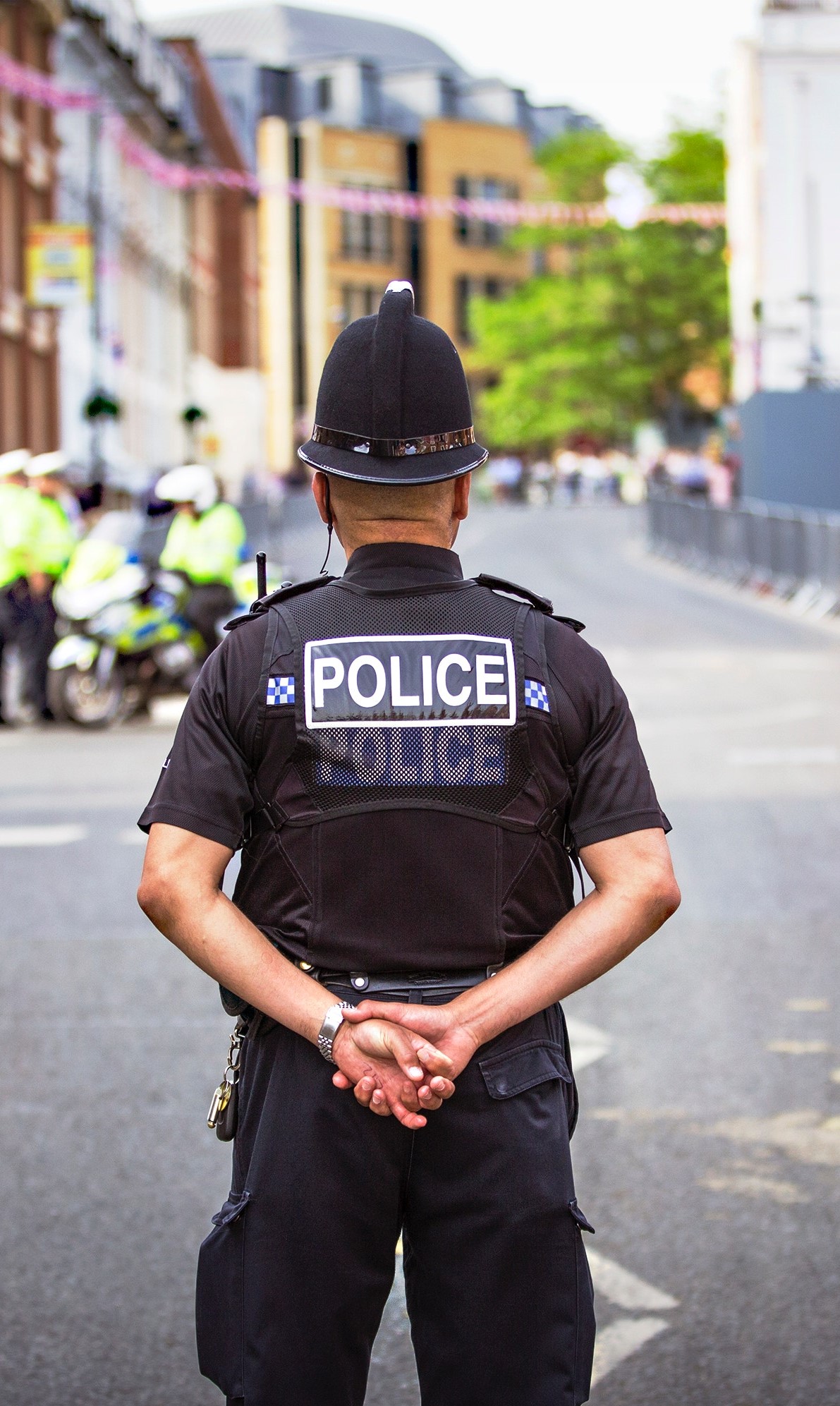Information on Cookies
To make the best use of our website, you'll need to make sure your web browser is set to accept cookies to ensure you receive the best experience.
For further information, please read our Cookies Policy.

Log In

The College of Policing guide summarises the requirements of the Regulations and the police approach to enforcement as CEO requests that everyone supports the police by staying at home 'at this critical time'.
Chief Constable Mike Cunningham, College of Policing CEO, said:
"I want to thank everyone working in policing for their hard work and professionalism during these incredibly testing times.
"The service is adapting to the demands and pressures of responding to Covid-19. The new regulations will enable the police to play their part in the national effort to save lives and protect the most vulnerable people in our communities.
"Keeping everyone safe is, as always, a shared endeavour. Policing will be asking that everyone supports their efforts by staying at home at this critical time."
Snapshot
- Enacted on Thursday, 26 March 2020
- Allow closure of premises and businesses (Reg.4 and 5)
- Restrict movement and gatherings (Reg.6 and 7)
- Powers apply to England only (Wales, Scotland and NI expected to make similar arrangements)
- Non-compliance is not a recordable offence
- The power to impose a fixed-penalty notice does not apply to persons under the age of 18
- Enforcement of business closures or restrictions, will be through service of a prohibition notice
- It may not be safe for everyone to be at home. Consider whether there are any safeguarding issues at play
- Full public health regulations relating to enforcement
What it means for the public
No person may leave the place where they are living without a reasonable excuse. Reasonable excuses include:
- obtaining basic necessities
- exercise (once a day)*
- meeting a legal obligation, including attending court or satisfying bail conditions
- seeking medical assistance
- attending a funeral
- moving house
- visiting a place of worship
- caring for or assisting a vulnerable person who is someone: aged 70 years or older / under 70 years old with an underlying health condition / pregnant
Policing will adopt a four phase approach
Engage – officers will initially encourage voluntary compliance.
Explain – officers will stress the risks to public health and to the NHS. Educate people about the risks and the wider social factors.
Encourage – officers will seek compliance and emphasise the benefits to the NHS by staying at home, how this can save lives and reduce risk for more vulnerable people in society.
Enforce – officers will direct individuals to return to the place where they live. This may include providing reasonable instruction of the route by which the person is required to return. Officers may also remove that person to the place where they live, using reasonable force where it is a necessary and proportionate means of ensuring compliance.
Officers will make sensible decisions, employ their judgement and continue to use other powers.
The new regulations encourage police to keep an inquisitive and questioning mindset, and consider that it might not be safe for everyone to be at home. Officers should consider if there are any safeguarding aspects at play, such as domestic abuse, child abuse or mental health. If safeguarding issues are at play, officers should not follow legislation and revert to normal processes for dealing with vulnerable people.
Enforcement will be a last resort.
If enforcing new regulations
There are two sides to these regulations:
Individuals, affecting movement and gatherings
Police can instruct gatherings of three or more people to disperse or remove any person from that gathering to their home.
Anyone outdoors without a valid reason may be committing an offence, and will face a fine. For those continuing to disregard these requirements, they can face further fines or a summary conviction.
If a fine is paid, there is no criminal offence committed. We do not seek to criminalise people, but to ensure people follow this life-saving guidance.
Police can issue a fixed-penalty notice of £60, which will be lowered to £30 if paid within 14 days.
Police can then issue a fixed-penalty notice of £120 for second-time offenders, doubling on each further repeat offence.
Refusal to pay will lead to proceedings in the Magistrates Court.
- A record is not required on force record management system
- Forces will register any PND's administered by Officers and Staff on PENTIP
- Biometrics are not required to be taken
Affecting premises and businesses
Enforcement of these closures or restrictions will be through service of a prohibition notice (Reg.8(2)).
Personal safety
Continue to follow the Public Health England guidance for first responders who may come into close contact with symptomatic people with potential Covid-19.
Use the Personal Protective Equipment (PPE) that your force has provided.
Source: College of Policing
